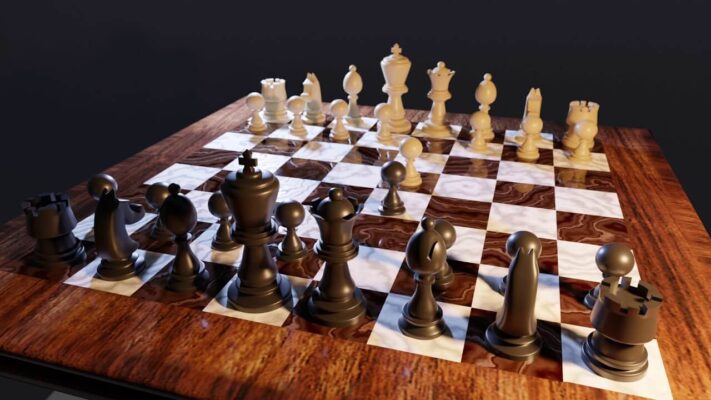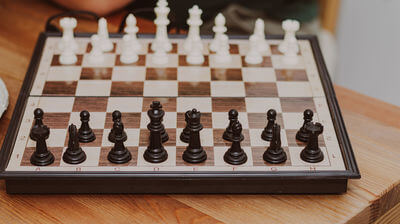How to Play Chess? A Step-by-Step Learning Guide for Beginners
This guide, filled with piece movements, basic tactics, and winning strategies for beginners, will help you learn chess easily. Start reading now!

Introduction: Why Learning Chess is Important
Chess, with its rich history spanning over 1500 years, is one of the most deeply rooted strategy games in the world. Offering benefits ranging from cognitive development to problem-solving skills, chess provides both an enjoyable and educational experience. However, for beginners, the game’s rules and strategies may seem complex, making the learning process challenging. In this guide, we’ll explain everything you need to know about chess, from piece movements to opening principles, basic tactics, and endgame strategies, in a simple and clear manner. Here’s everything you need to know about chess!
1. The Basics of Chess: Pieces and Rules
Chess is played on an 8×8 board with 16 white and 16 black pieces for each player. The goal is to checkmate the opponent’s king. Here are the piece movements and their properties:
a) Piece Movements and Functions
- Pawn: Moves 1 or 2 squares on its first move, and then 1 square. Captures diagonally.
- Rook: Moves any number of squares horizontally or vertically.
- Knight: Moves in an “L” shape (2 squares forward and 1 square sideways) and can jump over other pieces.
- Bishop: Moves any number of squares diagonally.
- Queen: Moves any number of squares horizontally, vertically, or diagonally (the most powerful piece).
- King: Moves one square in any direction. The game ends if the king is checkmated.
b) Special Rules
- Castling: The king and rook switch places in a single move, ensuring safety for the king.
- En Passant: Under certain conditions, a pawn can capture an opponent’s pawn diagonally as if it had moved only one square.
- Pawn Promotion: When a pawn reaches the opponent’s back rank, it can be promoted to a queen, rook, bishop, or knight.

2. Golden Tips for Beginners
To advance quickly in chess, follow these tips:
a) Learn Basic Checkmate Patterns
- Bare King Checkmate: Checkmate the opponent’s king using a queen or rook and corner it along the edge of the board.
- Two Bishops Checkmate: Use two bishops and the king to checkmate the opponent’s king in the corner.
b) Focus on Opening Principles
- Control the center (the e4, d4, e5, and d5 squares).
- Develop your pieces (avoid moving pawns excessively).
- Secure your king by castling.
c) Explore Chess Tactics
- Fork: Attack two pieces at once with one piece.
- Pin: Trap an opponent’s piece by blocking its escape with a more valuable piece.
d) Practice and Don’t Fear Mistakes
- Online Platforms: Spend 10-15 minutes daily practicing on Chess.com or Lichess.org.
- Endgame Practice: Repeat simple checkmate patterns to master them.
e) Analyze Your Games
- Review your games to spot and learn from mistakes.

Satranç Nasıl Oynanır? Yeni Başlayanlar İçin Adım Adım Öğrenme Rehberi ve Tavsiyeler
3. Common Mistakes and Their Solutions
- Piece Sacrifice: Don’t sacrifice valuable pieces like your queen unnecessarily. Learn piece values (Queen=9, Rook=5, Bishop/Knight=3, Pawn=1).
- Passive Play: Position your pieces actively on the board.
- Time Management: Use your time wisely in blitz games to avoid rushing moves.
4. Resources to Improve Your Game
- Books: “Fundamentals of Chess” by Jose Capablanca, “Chess Tactics” by Susan Polgar.
- YouTube Channels: GM Hikaru Nakamura, ChessNetwork.
- Apps: Chess Tactics Pro, Dr. Wolf.
Conclusion: Begin Your Chess Journey!
Chess is a rewarding skill that requires patience and discipline. By following the steps outlined in this guide, you can learn the basics and improve your game through practice. Remember, every great master was once a beginner! Keep playing until you make your first checkmate and enjoy the magical world of chess.
Get Started Now: Open a chess account today, start your first game, and apply what you’ve learned!